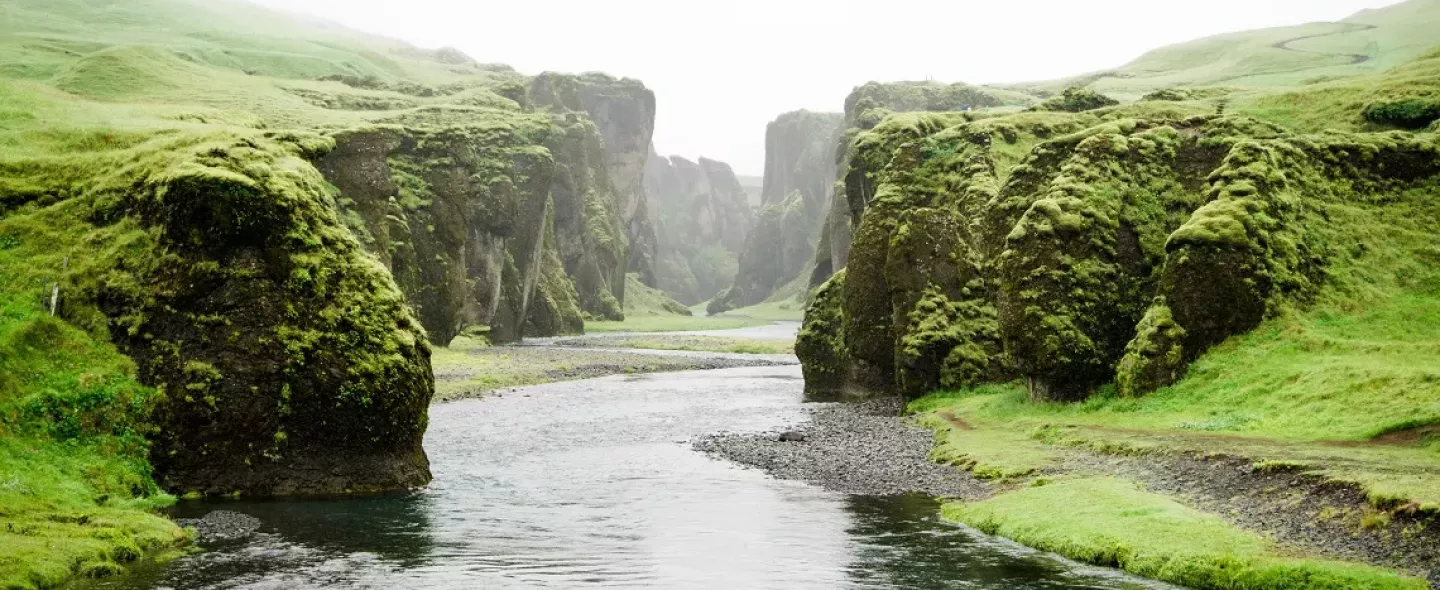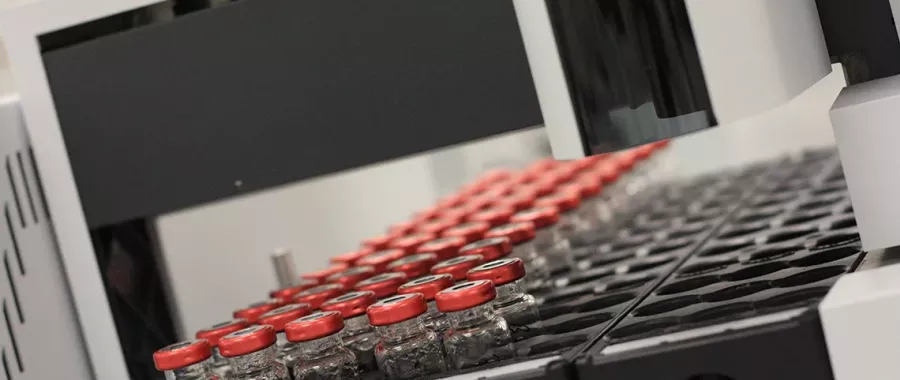SOCOTEC, formerly ESG, is continuing to support the ‘Sullied Sediments’ Project in reducing the effect of chemical pollutants on the environment.
The University of Hull has been at the forefront of the €4 million Europe-wide ‘Sullied Sediments’ project, which will enable regulators and water managers to make better decisions with regard to sediment management, removal and disposal, which is currently not managed by local authorities.
SOCOTEC, the leading provider of testing, inspection and compliance services and specialists in marine sediment analysis, recently started a three year agreement to provide research into the analysis of sediments for metals, Dioxins, hydrocarbons and nutrients.
In addition, SOCOTEC is also providing consultancy on the methods for Watch List chemical analysis, such as the contraceptive pill and other pharmaceutical drugs including triclosan and diclofenac, which are known to be harmful to wildlife. The partnership aims to reduce the amount of chemicals entering the waterways by raising awareness about what is being released into the environment. These chemicals are not currently subjected to EU monitoring laws.
Paul Walker, senior development & technical specialist – Advanced Chemistry & Research, Infrastructure & Energy Services, SOCOTEC, commented:
“We are delighted that the second round of sampling for the project has been successfully completed, and we are currently busy in the laboratory analysing the results"
“Furthermore, the second annual meeting of the Sullied Sediments project partnership will take place in Hamburg, Germany, in September. The meeting will give us an opportunity to hear about the progress of the work packages and share the work that we have been doing throughout the year with our project partners.”
’Sullied Sediments’ has been co-funded by the European Regional Development Fund through the Interreg VB North Sea Region Programme with a grant of 2.043.413 € with equivalent match funding from the partners involved. The project partnership includes public, private and third sector organisations based in the United Kingdom, Germany, Belgium and the Netherlands. The project will see work carried out at nine sites that have a previous history of sediment problems, in the North Sea Region’s Elbe, Humber and Scheldt river catchments.



